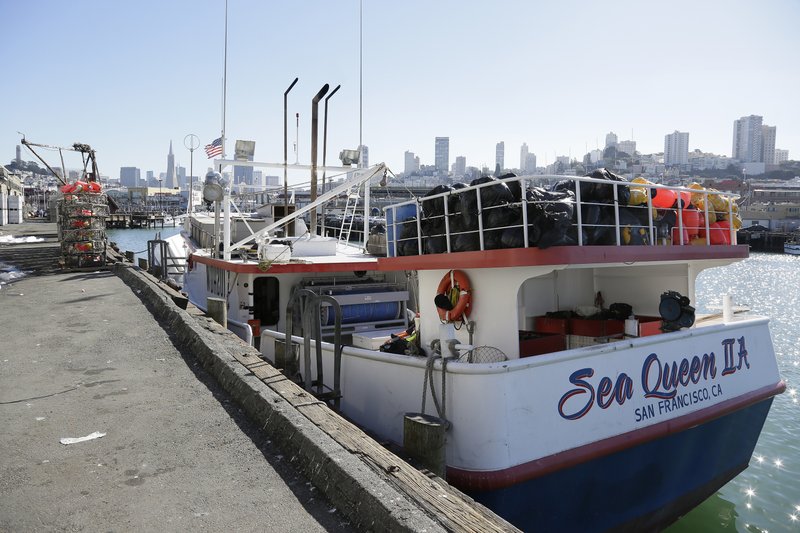SAN FRANCISCO -- Two Indonesian fishermen who fled from a Honolulu-based tuna and swordfish vessel when it docked at San Francisco's Fisherman's Wharf are suing the boat's owner for tricking them into accepting dangerous jobs that they say they weren't allowed to leave.
Attorneys for Abdul Fatah and Sorihin, who uses one name, say in a lawsuit filed in federal court Thursday that they were recruited in Indonesia seven years ago to work in Hawaii's commercial fishing fleet without realizing they would never be allowed on shore. They have since been issued visas for victims of human trafficking and are living in the San Francisco area.
The lawsuit alleges that San Jose, Calif., resident Thoai Nguyen, owner and captain of the Sea Queen II, forced Sorihin and Fatah to work up to 20-hour shifts, denied them medical treatment and demanded thousands of dollars if they wanted to leave before their contracts expired. Nguyen did not return calls seeking comment.
The lawsuit seeks payment for debts the men incurred, fees they paid and promised compensation but does not specify a value, and asks for unspecified damages for "mental anguish and pain."
It comes two weeks after an Associated Press investigation found about 140 fishing boats based in Honolulu, including Sea Queen II, were crewed by hundreds of men from impoverished Southeast Asia and Pacific Island nations. The seafood is sold at markets and upscale restaurants across the U.S. The law allows them to work without visas as long as they don't set foot on shore. The system is facilitated by the U.S. Coast Guard, as well as Customs and Border Protection, which require boat owners to hold workers' passports.
AP found that some men are paid as little as 70 cents an hour. Others had to use buckets instead of toilets, suffered running sores from bedbugs or sometimes lacked sufficient food.
In response, the Hawaii Longline Association representing fishing boat owners has created a universal crew contract that will be required on any boat wanting to sell fish in the state's seafood auction starting Oct. 1. The group said it deplores human trafficking and that the contract will protect workers.
The contracts let owners continue to set their own minimum salaries, allow workers to spend the entire year at sea (15 trips, 10-40 days each), and reiterate that the workers must remain on board with passports held by owners.
Cornell University law professor Stephen Yale-Loehr said the new contract "reinforces the current deplorable situation by emphasizing that the crew members have no real rights."
"Congress should repeal the loophole that exempts U.S. fishing captains from having to provide basic labor protections to their crew," he said.
Information for this article was contributed by Margie Mason of The Associated Press.
Business on 09/23/2016

